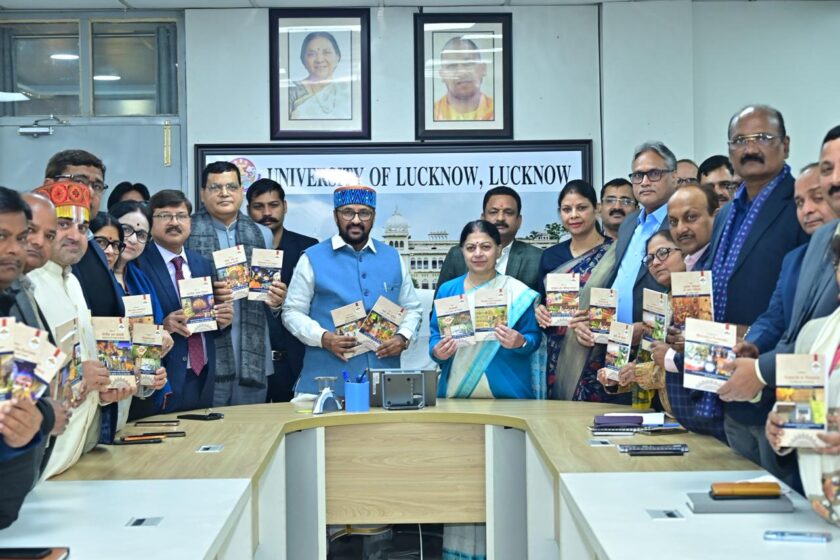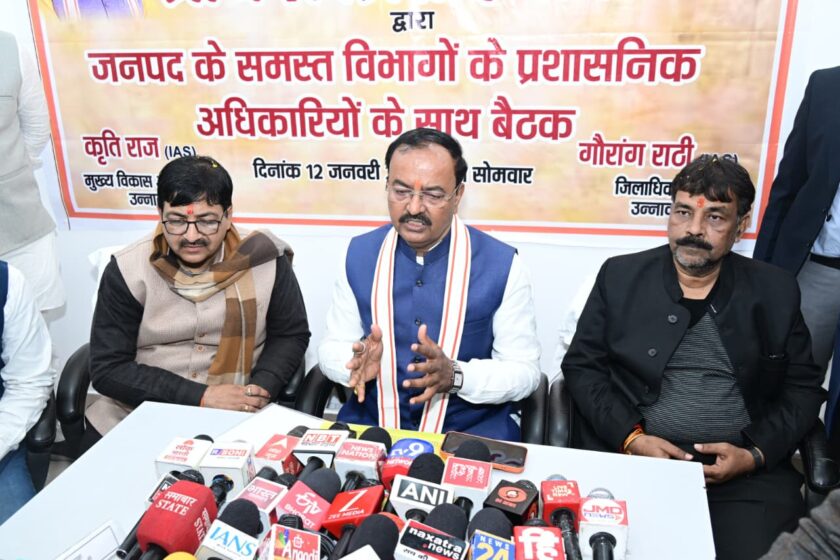Lucknow: In the fertile plains of Uttar Pradesh, where agriculture forms the backbone of countless livelihoods, one woman’s vision has turned a humble plant into a green goldmine. Meet Kamini Singh, a 38-year-old horticulture scientist from Lucknow, whose inspiring transition from laboratory research to field action has reshaped the farming landscape for hundreds of small-scale farmers and women in the region.
Kamini’s journey began in the elite corridors of research institutions—the Central Institute for Subtropical Horticulture (CISH) and the CSIR-Central Institute of Medicinal and Aromatic Plants (CIMAP). As a dedicated scientist, she contributed meaningfully to horticulture studies during her PhD and tenure, but something was amiss. “The insights and innovations born within my lab walls seldom reached the hands of those who needed them most—the farmers,” Kamini shared in a candid interview with The Better India. This disconnect between science and society haunted her deeply.

In 2015, driven by the urge to make a real-world impact, Kamini took a bold step—she resigned from her government job to work directly with farmers. Her mission: bridge the gap between research and rural application. She found her calling in Moringa oleifera, popularly known as the “wonder tree,” renowned for its high nutritional content, medicinal properties, and ability to thrive in dry, resource-constrained environments.
In 2017, Kamini leased seven acres of land in Lucknow for a pilot project in moringa farming. The results were astonishing. The plant thrived in minimal irrigation, demanded little maintenance, and adapted beautifully to the region’s agro-climatic conditions. But Kamini didn’t stop there. To reduce risk and win farmers’ trust, she proposed an innovative solution: grow moringa along the boundaries of farmlands. This way, farmers didn’t have to sacrifice their staple crops, yet could still test the benefits. The model worked—farmers began saving nearly Rs 30,000 annually just from boundary plantations.
Thus began the story of Doctor Moringa, Kamini’s agri-entrepreneurial venture. Today, she has trained over 1,050 farmers across Uttar Pradesh in organic moringa farming through hands-on workshops and practical demonstrations. Her sessions demystify sustainable farming, empowering farmers with knowledge and confidence.

The real-world outcomes speak volumes. Anil Kumar Singh, a mango orchard owner in the Malihabad belt, now grows moringa on 17 acres. His income jumped from Rs 40,000 to Rs 1.5 lakh—an almost fourfold increase. In Bakshi Ka Talab, Shalikram Yadav, once skeptical, embraced moringa farming after interacting with Kamini. Stories like these have spread like wildfire, motivating others to follow suit.
But perhaps Kamini’s most profound impact is on rural women. Understanding the untapped potential in female labor, she began involving women in her venture. Starting with a Rs 9 lakh loan, she developed a range of moringa-based products—powders, oils, and health supplements—and built a thriving enterprise now valued at Rs 1.75 crore annually. In Sitapur alone, she engaged over 200 women, offering them opportunities to collect moringa leaves or work in her factory during their free hours. Her collaboration with CIMAP in product development and mentoring further extended her influence.
Of course, the journey hasn’t been without hurdles. Convincing farmers to shift to organic farming required relentless effort. Many feared lower yields and unfamiliar methods. But Kamini’s grounded approach—backed by demonstrable success and steady support—helped change mindsets, one village at a time.
Kamini Singh’s story is more than just entrepreneurial success—it is a movement rooted in science, sustainability, and social change. By blending academic expertise with real-world empathy, she has created a replicable model of agri-innovation that uplifts entire communities. Her journey is a powerful reminder that true transformation begins not in grand theories, but in simple actions carried out with purpose and heart.









